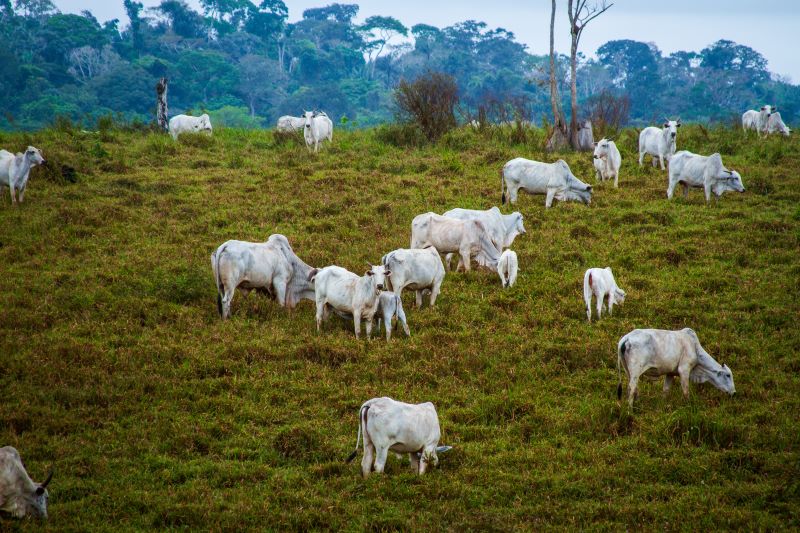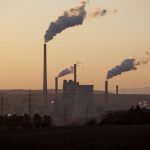How Does Agriculture Affect Climate Change?
- Categories:
- Climate Change
- Food

What is the relationship between agriculture and climate change?
Agriculture, deforestation and other land use for food production account for roughly 20 percent of all GHG emissions, making it one of the largest contributors to climate change and global warming. This is more than the emissions from cars, planes and trains combined and the energy sector is the only other sector with a higher share of emissions.
How will climate change affect future food production?
Many of the effects of climate change that we are beginning to experience, such as extreme weather events, will also have an impact on agriculture in the future.
- Parts of the world are already experiencing food shortages as a result of droughts.
- Water required for food production may become more scarce in the future due to droughts.
- Extreme rainfall and flooding, which are occurring more frequently as a result of climate change, can increase soil erosion and loss of nutrients in crops, as well as impairing growth.
- Another extreme weather event that is occurring more frequently is heat waves, and these can have detrimental effects on crops and the eventual harvest in the autumn.
- Heat stress in livestock can lead to a decrease in the quality of animal produce such as meat, milk and eggs.
- Certain areas of land may become unsuitable for growing crops as a result of climate change, leading to increased competition and driving up prices.
- Climate change is causing shifts to food production patterns, which is disrupting the supply chains and the communities that depend on agriculture for their livelihood.
- Elevated levels of carbon dioxide (CO2) are associated with reduced nutritional value of important crops.
This is a vicious cycle, as the emissions from agriculture continue to contribute to climate change, and the effects of climate change increase the need for the intensification of food production in order to avoid food insecurity.
Agriculture therefore needs to evolve in order to become more sustainable and environmentally-friendly, and we won’t get stuck in this dangerous cycle.
How do we achieve food security while protecting the planet?
We all need food security, but this currently comes at a massive cost to the environment. Therefore, we need to look at more sustainable methods for farming as reducing agricultural emissions will be vital for meeting global climate targets.
People can also reduce their dairy and meat intake in order to decrease the overall demand for these items and therefore reduce the emissions associated with food production. Methane is a very strong GHG and comes mainly from livestock – in fact, methane is thought to be approximately 26 times stronger as a GHG than CO2. Indeed, livestock supply one-third of protein for human consumption, but drive approximately 80 percent of non-CO2 emissions.
It is thought that there is significant potential to mitigate the emissions caused by agriculture. The central aim should be to produce more food on global croplands that have already been cleared, which would reduce pressure for deforestation. Research suggests that a transition to more efficient livestock production systems could be responsible for as much as 70% of agriculture emissions mitigation.
We also need to make changes to the demand for food by reducing food waste and changing our diets to consume more sustainable items.










